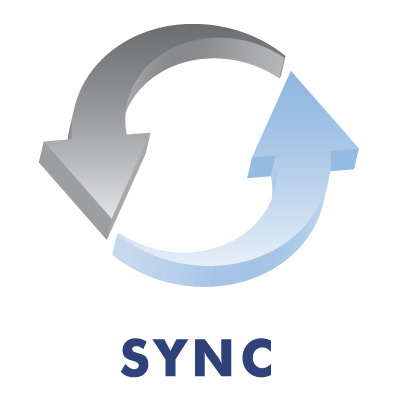Companies justify moving to a standard enterprise resource planning (ERP) solution based on a number of compelling reasons. By supporting a single system rather than several smaller and disparate systems, they can enjoy economies of scale. Additionally, having single application architecture with fewer user interfaces creates lower integration costs. And through common tasks automation (as well as easier access to more information), best practice systems and procedures allow for efficiencies not available when using multiple systems. While the case for standardizing on a single ERP system can be relatively straightforward to make, the costs and impacts are sometimes easy to overlook. Cre8tive Technology (www.ctnd.com) will be posting a six part series on how to ensure a successful implementation. Companies should take into consideration a number of factors:
- Build a cross-functional team
- Set proper expectations to manage change
- Create new business processes in sync with the new system
- Implement in a phased approach
- Make the necessary time and financial investment
- Putting It All Together for a Successful Go-Live
Addressing these areas early on in the process can be the deciding factor whether the ERP implementation is a success in the long run. This series will highlight the importance of each of these factors and provide recommendations on how to ensure a successful ERP implementation.
Create new business processes in sync with the new system
Although it may appear to be the “path of least resistance” not to change business processes when implementing a new ERP system, in the long run, the opposite is actually true. In most cases, companies that try to keep their current business processes eventually run into the same issues with the new system that they did with their old system. Retaining current business processes and paying the cost in time and money to change the new system can greatly affect a company’s budget, and compromise future ability to take advantage of system upgrades. With a sound business case, planning, and user availability to make decisions on configuration, companies can be successful at adopting new business procedures during an ERP implementation, and with the proper guidance, can effectively change the way people work. An implementation vendor can assist with defining and mapping these new end user processes based both on the company’s and industry’s best practices. Having a sound understanding up front of how business will be run after the implementation provides more time to manage the change and prepare users for it. ERP systems tend to replace either manual processes or older disparate systems. As such, it can seem like a quantum leap to replace the trusty Ford with a high performance Ferrari. This leap happens at a technical level, as well as at the business level. For example, when using the new ERP system, whatever happens in one area of the company has a ripple effect in other areas. Understanding the implications that actions by one part of the company have on another can be critical when looking at how to improve processes. Similarly, the balance between what is currently done manually and what will be done by the system will shift dramatically after the implementation. Many more tasks will be automated, and will thereby significantly reduce the flexibility of how the business operates, yet provide a level of consistency that may have not been previously possible. The system’s configuration will determine how the company operates in all locations or even within one location. For example, if the system says the company can offer 0, 15, 30 or 60-day credit terms, offering 45-day terms is not possible without changing the configuration. Where consistency can be implemented, there is good potential for cost savings, as well as the opportunity for getting rid of special arrangements that can potentially reduce profit.
From an Epicor White Paper
About Epicor
Epicor Software Corporation is a global leader delivering business software solutions to the manufacturing, distribution, retail, and service industries. With more than 40 years of experience, Epicor has more than 20,000 customers in over 150 countries. Epicor solutions enable companies to drive increased efficiency and improve profitability. With a history of innovation, industry expertise, and passion for excellence, Epicor inspires customers to build lasting competitive advantage. Epicor provides the single point of accountability that local, regional, and global businesses demand. For more information, visit www.epicor.com.

